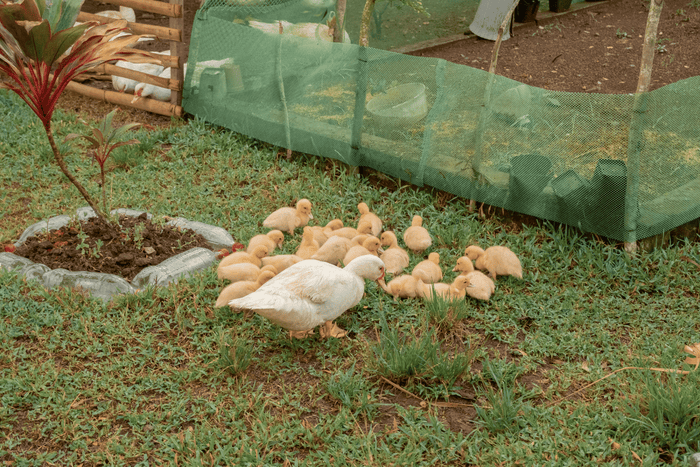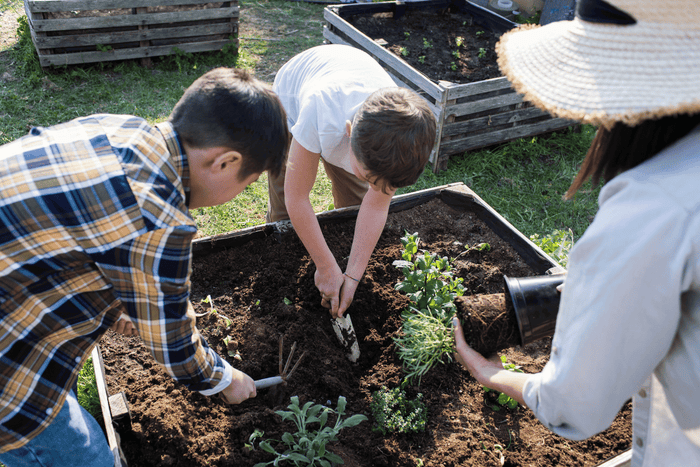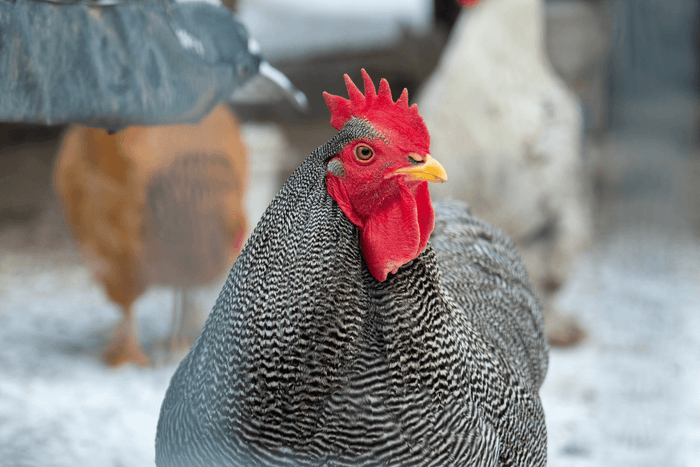Ducks in Your Backyard: Tips for Happy and Healthy Flocks

If you’ve ever considered adding ducks to your backyard, you’re not alone! Ducks are not only delightful with their quirky personalities but also beneficial for your garden. They provide eggs, pest control, and even a little bit of natural fertilizer. Whether you’re in an urban or suburban setting, here’s how you can keep your ducks thriving.
Choosing the Right Duck Breeds
Not all ducks are created equal, especially when it comes to backyard living. Some breeds are more suited to confined spaces and are quieter, making them ideal for neighborhood settings.
- Khaki Campbells: Known for their prolific egg-laying and calm nature.
- Indian Runners: Excellent foragers and great at pest control; they stand upright and are quite entertaining.
- Cayugas: Beautiful black ducks that are quiet and friendly, making them good for close neighbors.
- Pekin Ducks: Friendly and easy to manage, though a bit louder, so best for more spacious yards.
Consider your space, the noise tolerance of your neighbors, and what you want out of your ducks when selecting a breed.
Housing Your Ducks
Ducks need secure, spacious housing to protect them from predators and the elements. Here’s what you need to know about setting up a duck-friendly home:
- Coop Design: Unlike chickens, ducks don’t need roosting bars. They prefer a simple, clean, and dry space to sleep. Ensure their coop is well-ventilated but draft-free. Use straw or pine shavings for bedding, and change it regularly to keep things fresh.
- Predator Proofing: Make sure their coop is secure with sturdy locks and wire mesh no larger than half an inch to keep out raccoons, snakes, and other predators.
- Water Access: Ducks need water for cleaning their feathers and staying healthy. A small pond or a kiddie pool will suffice, but make sure they have access to fresh drinking water that is separate from their bathing water.
Feeding Your Ducks
Ducks have a varied diet and enjoy foraging. However, to keep them healthy, it’s important to provide a balanced diet.
- Duck Feed: Provide a quality duck feed that meets their nutritional needs. Layer feed for ducks is perfect for egg-laying breeds.
- Foraging: Allow your ducks to forage in your yard. They love to eat insects, slugs, and even weeds, which helps keep your garden healthy.
- Treats: Supreme Grubs’ black soldier fly larvae are an excellent treat. They are high in protein, which is great for feather quality and overall health, especially during molting season.
Incorporating Ducks into Your Garden
Ducks can be a gardener’s best friend. They naturally control pests and can be part of a sustainable garden system.
- Pest Control: Ducks love eating insects and can reduce the need for pesticides in your garden. Let them roam in the garden during the day to hunt for slugs and bugs.
- Fertilizing: Duck manure is a fantastic natural fertilizer. Their droppings are rich in nutrients and can be composted and used to enrich your soil.
- Garden Safety: While ducks are great for pest control, they can also trample delicate plants. Create barriers around young or vulnerable plants, or rotate their foraging areas to prevent damage.
Health and Well-being
Keeping ducks healthy involves regular check-ups and a keen eye on their behavior.
- Regular Health Checks: Monitor your ducks for signs of illness, such as changes in eating habits, unusual droppings, or lethargy. Clean their living area regularly to prevent disease.
- Water and Hygiene: Ensure they have clean water at all times. Ducks are messy with water, so change it often to prevent it from becoming a breeding ground for bacteria.
- Foot Care: Check their feet regularly for cuts or infections. Ducks can suffer from foot problems if they stand on hard surfaces for too long or if their environment is consistently wet and dirty.
Winter Care for Ducks
Ducks are hardy and can handle cold weather, but they still need some care to stay comfortable through the winter.
- Insulated Housing: Provide a well-insulated but ventilated shelter to protect them from cold winds and snow.
- Winter Diet: Increase their food intake during winter as they burn more energy to stay warm. Supreme Grubs’ black soldier fly larvae can provide the extra protein they need.
- Water Management: Prevent their water from freezing. You can use heated water bowls or change their water frequently to keep it from turning to ice.
Final Thoughts
Ducks can be a wonderful addition to your backyard, bringing joy and sustainability to your garden. By selecting the right breeds, providing proper housing, and integrating them into your garden, you can enjoy the many benefits they bring. And remember, treats like Supreme Grubs’ black soldier fly larvae are a great way to keep your ducks happy and healthy.


